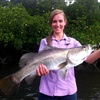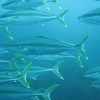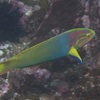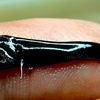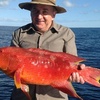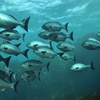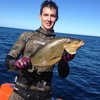
Ian Chubb releases report examining citizen scientists’ role
The contribution of tens of thousands of science enthusiasts is being hampered by professional mistrust of their work, a survey has found. But the reservations dissipate after career researchers become personally involved with the science citizenry, writes The Australian. Read the full story here.


